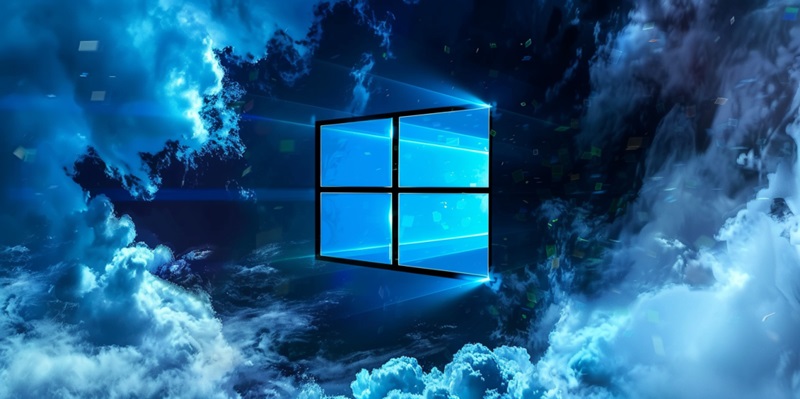The dynamic nature of the Windows ecosystem continues to reveal itself, with developers rolling out new apps and games that cater to the personalized needs of users. This week’s tech news includes a discussion about Microsoft’s latest move to possibly restrict customization options for unactivated Windows 11 systems within the Edge browser. Furthermore, a selection of intriguing apps and games has made its way to the Windows platform, offering users enhanced functionality and entertainment.
New Apps and Games on Windows
Oh Frick, Go Back: A Tool to Curb Ad Displays
In response to the increasing frustration of Windows 11 users encountering ads within their operating system, the open-source tool “Oh Frick, Go Back” has been introduced. This novel application is designed to modify the Windows Registry to reduce the ad displays that users find intrusive. While its utility is clear and attractive to many, it is important to note that it requires the installation of .NET 8.0, a rather large additional software package. Nevertheless, the drive for a more ad-free experience seems to be resonating with the user base, indicating a demand for software that prioritizes user preferences and discretion.
TopNotify: Notification Customization Enhanced
Not to be overlooked is “TopNotify,” another new app that significantly improves the Windows notification system. By allowing users to customize the screen placement of their notifications, TopNotify brings a level of personalization to Windows that mirrors the flexibility users often seek in their mobile operating systems. This app demonstrates the users’ itch for control over the minutiae of their software interactions, an itch that this particular app scratches quite effectively. Opening the window, quite literally, to better and more accessible notification management, TopNotify might just become an essential tool for productivity enthusiasts and everyday users alike.
Windows 11 and Microsoft Edge
Unactivated Windows 11 and Edge Restrictions
The latest potential limitation for users of unactivated Windows 11 systems has sparked some controversy. Within the Microsoft Edge settings, a new “PC not activated” notification suggests that Microsoft may be taking steps to limit customization options for users who haven’t activated their systems. This restriction signals a strategic move by Microsoft to encourage activation. However, it raises questions about the fairness of limiting functionality for users who might be unable to activate their Windows for a variety of reasons. This development underscores the tightrope that Microsoft walks between protecting its intellectual property and maintaining good relations with its user base.
User Feedback and the Developer Response
This week in tech, Microsoft is stirring the conversation with its decision to limit customization on unactivated Windows 11 systems, specifically impacting browsing with Edge. The move spotlights the company’s ongoing efforts to regulate its software experience. Meanwhile, the Windows app landscape is bustling with innovation as developers introduce new apps and games tailored to the diverse demands of users. These recent additions promise to bolster productivity and provide engaging leisure options for the Windows community. The developments underscore the vitality of the Windows ecosystem, where continual software updates and fresh applications keep the user experience evolving. This synergy between system updates and new software releases ensures that Windows remains a versatile and vibrant platform for all kinds of computer users.

